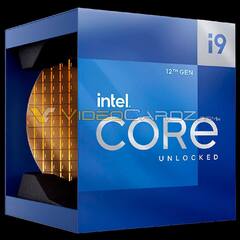-
Featured Topics
-
Topics
-
0
-
hconverse02 ·
Posted in Audio9 -
Rogue57Chevy ·
Posted in Graphics Cards10 -
Ricodotsh ·
Posted in Power Supplies2 -
5
-
bloodknightoo ·
Posted in LTTStore.com Merch0 -
GreenGDK ·
Posted in Troubleshooting1 -
RLT_Byers ·
Posted in Peripherals1 -
1
-
18
-
-
play_circle_filled

Latest From Linus Tech Tips:
I Will NOT Give You $250 for Your Broken Game - WAN Show April 26, 2024
-
play_circle_filled

Latest From ShortCircuit:
I tried 20 influencer foods, here are the best… and the worst…










.thumb.png.7c3b894781e36a2cf562efd1abe35199.png)








Create an account or sign in to comment
You need to be a member in order to leave a comment
Create an account
Sign up for a new account in our community. It's easy!
Register a new accountSign in
Already have an account? Sign in here.
Sign In Now